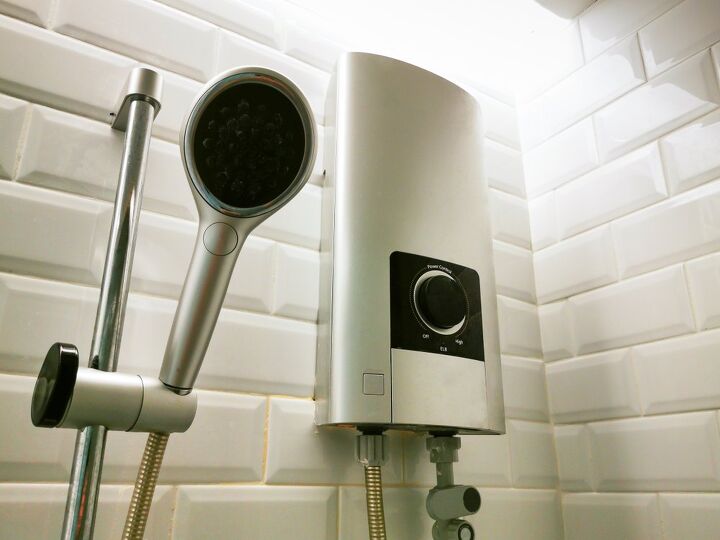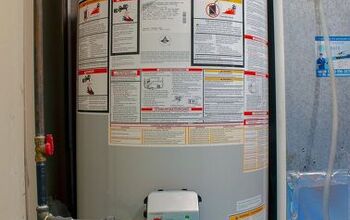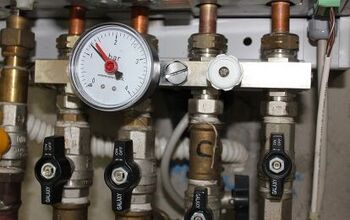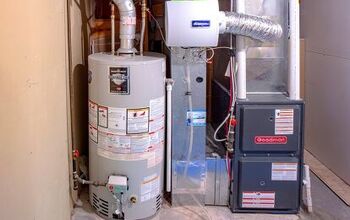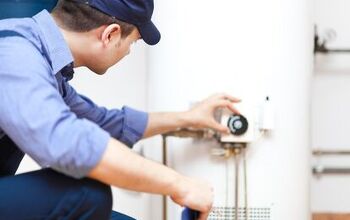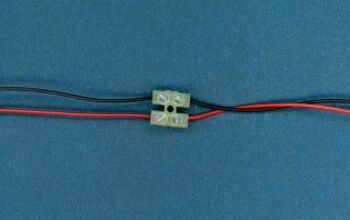Hybrid Vs. Tankless Water Heater: What Are The Major Differences?

Water heaters are fixtures that homeowners can’t live without. The days of bulky, cumbersome water heaters being the norm are long over, and now hybrid and tankless heaters have taken their place.
But while these two systems are somewhat similar, there are some significant differences. Therefore, one type of heater may be better for one homeowner while the other is better for another. If you want to know all about hybrid and tankless water heaters—and which of the two is better—then this article is for you!
Generally speaking, a tankless water heater is more powerful than a hybrid water heater, but the latter system is more energy-efficient. It costs about the same to operate both systems, but a tankless water heater may require a more expensive installation. Hybrid water heaters have tanks, which means tankless units are the space-savers of the two.
Do You Need Tankless Water Heater Installation?
Get free, zero-commitment quotes from pro contractors near you.

What Is a Hybrid Water Heater?
A hybrid water heater runs on electricity, whereas a tankless system runs on gas. A hybrid heater also employs a water storage tank, though it is significantly smaller than a traditional water heater tank.
What really makes a hybrid heater different from a tankless heater is the way it heats water. A hybrid water heater pulls in air from the surrounding area, and using a converter and heat pump, this air heats the water.
Hybrid water heaters work best in spacious utility rooms that have a consistent temperature. A hybrid system will not be good if it’s stuffed in a cramped room, as there won’t be any air to generate heat.
Because of the way a hybrid water heater generates heat, it’s one of the most energy-efficient types of water heater on the market today.
What Is a Tankless Water Heater?
Tankless water heaters are often fueled by either gas or electricity. Known as “on demand” water heaters, tankless water heaters don’t require a large storage tank to heat water, as their name implies.
Instead, water is heated as it’s needed, which means a tankless system is quite energy-efficient. It’s also good for somebody who cares about water conservation. Tankless water heaters are significantly smaller than traditional and hybrid water heaters, and some are small enough to be carried in a suitcase.
Many homeowners mount their tankless water heaters in a utility room or garage. After all, they do not require space to function, which means they work well in small homes.
Since tankless water heaters can heat about two to five gallons of water every minute, it’s safe to say they’re adequate for most homeowners. One study found that the average homeowner uses 84 gallons of water each day, which means a tankless water heater could easily keep up with this demand.
There are two main kinds of tankless water heater, and each one will be briefly explain below.
Condensing Tankless Water Heaters
Condensing tankless water heaters are able to recycle the heat they generate, which means they are more energy-efficient. They are closed systems, and the vapor they produce is cooler than that which is produced by non-condensing systems.
Condensing tankless water heaters are preferred because one doesn’t have to install a special ventilation system with these. Standard PVC pipe is good enough to handle the temperature and corrosive properties of steam.
These systems also make use of two heat exchangers, so they can recirculate exhaust before releasing it. Additionally, they collect condensation inside. Once this condensation is neutralized, it’s drained from the system.
Non-Condensing Tankless Water Heaters
Most tankless water heaters are non-condensing systems, and that’s because these are the easiest systems to transition to after you’ve owned a traditional water heater for so many years.
A non-condensing water heater will vent the steam it produces, but this steam must be vented through a special channel, one that is heat- and corrosion-resistant.
Non-condensing heaters are more basic than condensing ones, as they only have one heat exchanger. Also, the heat these heaters produce is usually much hotter, often being in excess of 300°F. A non-condensing system also doesn’t make use of recycled exhaust, meaning it vents gasses directly away from the system and out of the home.
Hybrid Water Heaters vs. Tankless Water Heaters
Hybrid water heaters and tankless water heaters are often compared, as both systems are better than traditional water heaters. In the sections below, hybrid and tankless water heaters will be compared according to cost, performance, energy efficiency, and installation.
Once you read through all the sections, you’ll know which of the two systems will be best for your home or business.
Cost
When it comes to cost of operation, a lot depends on the type of fuel that’s being used to run the water heater. If you only have access to electricity, a hybrid system will be better, as it doesn’t generate its own heat.
On the other hand, a gas-operated tankless water heater will be cheaper to run on a daily basis, but this requires that you have a gas line going into your property.
When one compares the operating costs of the two systems, it’s clear to see that there isn’t much difference. To operate a hybrid water heater for a year, one can expect to pay around $190. Operating a gas-powered tankless heater for a year, on the other hand, costs about $228.
While the price of operation largely depends on the size of one’s home, it’s plain to see that either system is going to get you bang for your buck while also being energy-efficient.
Performance
When someone buys a water heater, they are likely most concerned with how the system will perform. A water heater has to meet the demands of the household it’s used in, and these days traditional water heaters fail at meeting this demand.
That’s why tankless water heaters and hybrid water heaters are around—they both serve four-person households quite well!
There are, however, some differences in the way these systems perform. Tankless water heaters, for example, heat water on demand, which means if water is being called to different places at once, the system may get strained. A tankless water heater can easily supply two taps with hot water, but turning on a third may reduce the temperature of the water that’s going to all three taps.
Hybrid water heaters—because they use a tank—don’t have the water supply issues that tankless systems can have, but often these systems fail to get water adequately hot. That’s because the heat is coming from the surrounding environment; when there’s not enough air to suck in, the water doesn’t get heated.
Energy Efficiency
When they’re compared to traditional water heaters, one can clearly see that both tankless and hybrid water heaters are far more energy-efficient. A tankless water heater has a slight edge over the hybrid system, as it only heats water when it’s needed.
Overall, however, hybrid systems are more energy-efficient because they heat water by themselves. A system that can sustain its own heat generation is definitely more energy-efficient than one which relies on gas to run, but unfortunately, energy efficiency does not necessarily translate to a lower operating cost.
Installation
Installing a hybrid water heater is not the same as installing a tankless water heater. For example, a tankless water heater may require a large gas line, as this will ensure there’s never a time when the system can’t meet the demand for hot water.
A hybrid water heater, on the other hand, has to be installed in an open area, which means running electricity to this location may be a bit of a hassle.
There are also basic water heater installation costs to keep in mind. Whether you have a tankless system or a hybrid system, you can expect to pay over $1,600 for a water heater installation.
Related Questions
How long do tankless water heaters last?
Tankless water heaters can run well for more than 20 years. Compare this lifespan to that of the common heat pump, which lasts 13 to 15 years. A traditional water heater usually lasts eight to 12 years.
Can hybrid water heaters withstand a lot of demand for hot water?
Yes, they can. That’s because these systems can heat water directly via electricity. This mode uses a lot more power than the air-based heating method, which explains why most homeowners don’t use it often. It’s certainly a good backup feature to have.
Do You Need Tankless Water Heater Installation?
Get free, zero-commitment quotes from pro contractors near you.

Final Note
In the end, both hybrid and tankless water heaters are good for homeowners and business owners alike. But tankless systems, especially those that are powered by gas, have an edge over the hybrid systems in the performance department.
Yet when it comes to energy efficiency, the hybrid water heaters are superior. In general, it costs about the same to operate both systems. Whether you get a hybrid or a tankless, it sure beats having a traditional water heater.

Matt loves everything DIY. He has been learning and practicing different trades since he was a kid, and he's often the first one called when a friend or family member needs a helping hand at home. Matt loves to work with wood and stone, and landscaping is by far his most favorite pastime.
More by Matthew Mountain



